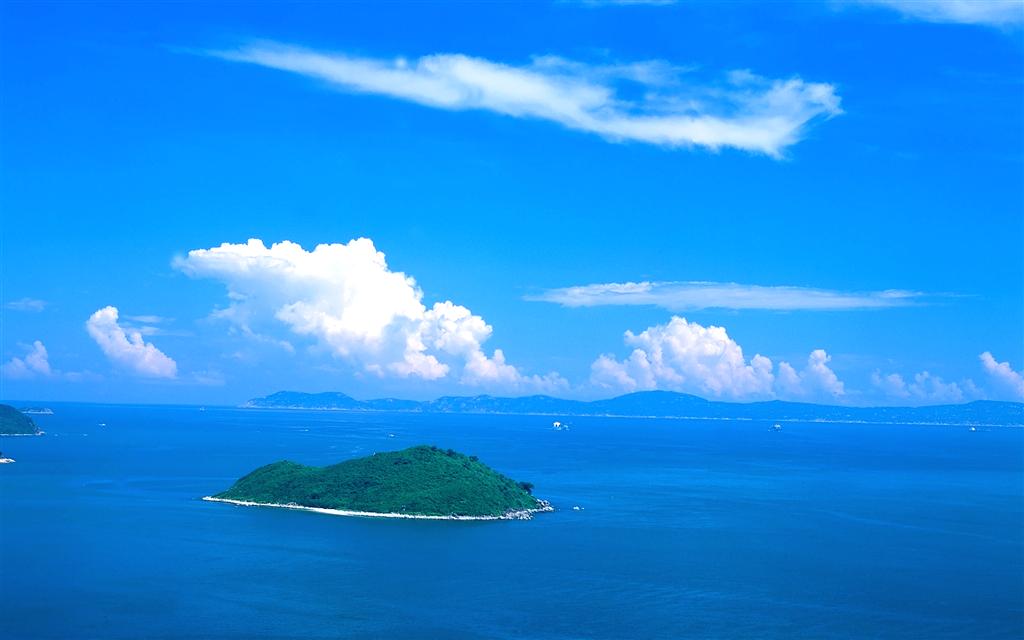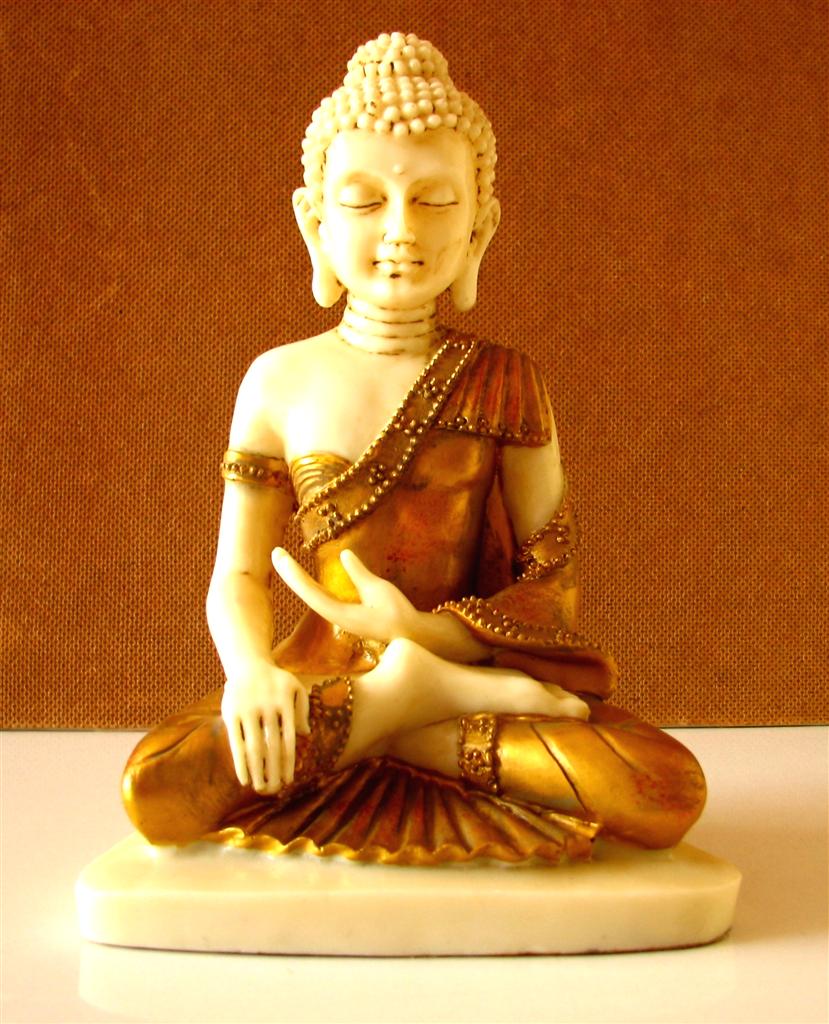| Learn on Shanghai In Depth | |
|---|---|
| May 24, 2008 21:35 | |
 | Shanghainese travel outside of Shaighai in China feel outsiders hate shanghainese why? probably outsiders hate shanghainese just speak shanghainese that outsiders don't understand...i came across an interesting article http://www.frommers.com/ In Depth No one knows quite how large China's largest city really is. Official figures for 2005 put the unofficial population at over 20 million, made up of an urban population of some 13.4 million registered residents, an additional 4.38 million registered migrants from the countryside, and an unregistered and uncounted floating population of at least another 3 million. At the same time, temporary foreign residents currently number an estimated 40,000, not counting over 200,000 Taiwanese living in Shanghai while conducting business. The United Nations estimates that Shanghai's population will stand at 23.4 million by the year 2015. When Shanghai's unique architectural legacy and its recent economic transformation are factored in, it is easy to see why 7 of every 10 visitors to China come to Shanghai. This is China's economic, financial, and commercial center, its largest city, and the heart of China's future. No other super city in China, including Hong Kong and Beijing, is more vibrant or fascinating. |
| May 24, 2008 21:35 | |
 | Numbers, especially those put out by the Chinese government, seldom tell the full or realistic story, but in the case of Shanghai, even when the unverifiable, usually inflated numbers are taken with mountains of salt, they still point to the obviously formidable if unbalanced role Shanghai plays in China's economy. While the city has just 1.5% of China's population, Shanghai accounts for 5% of China's Gross Domestic Product (GDP), 11% of its financial services, 12% of China's total industrial output, and 25% of the country's trade. Textiles, steel, manufacturing, shipbuilding, and increasingly the retail sector, dominate the city's economy, which reports double-digit growth year after year. At the same time, Shanghai accounts for around 10% of China's foreign investment, with firms from Volkswagen and Buick to Mary Kay, Amway, Hallmark, and Coca-Cola having invested billions in plants and personnel here. Not since colonial days (1846-1949), when Shanghai was dominated by Western companies, has the port produced such an array of international investments. |
| May 24, 2008 21:36 | |
 | At the beginning of a new millennium, then, Shanghai has an air of prosperity and aggressive optimism that it has rediscovered from the heady days of the wealthy foreign concessions. Today's business, both domestic and foreign, has made Shanghai quite wealthy by Chinese standards, with rising salaries creating an increasingly affluent middle class. The latter is comprised mostly of white-collar managers, many of whom earn upwards of ¥100,000 ($12,500) a year. As China's longtime center of shopping, there are also plenty of upscale places to dispose of the increased income. Residents are not only forward-looking and business-oriented, but fashionable. Shanghai is a city of boutiques, malls, and up-to-date department stores. Year by year, it is catching up with Hong Kong as one of Asia's paradises for shoppers. Everything is writ large here. Shanghai is not only home to China's first and largest stock exchange, it also contains over two dozen McDonald's, 50 KFCs, over 46 Starbucks, and over one million mobile phone users -- not to mention the world's second largest department store and the tallest hotel on Earth. With prosperity, even sales of the venerable bicycle, formerly the chief means of transport in the city, have declined (from one million sales in Shanghai in 1990 to less than half that today). Meanwhile, the streets are crowded with over 600,000 vehicles (including 45,000 taxis) and 280,000 motorcycles. |
| May 24, 2008 21:37 | |
 | Scratch the surface, however, and a slightly more complex picture emerges. The knock on Shanghai has always been that it is a city of appearances, a perception carried over from the early days when what seemed like a European city was in fact built on the backs of millions of Chinese, when its heyday prosperity and wealth masked a much crueler and more dire poverty for millions of Chinese. Today's detractors, often led by Shanghai's greatest competitor to the south, Hong Kong, like to claim that for all of Shanghai's glamorous exterior, there is no substance behind the flash. And indeed, a closer look beyond appearances shows that many of Shanghai's new handsome buildings remain empty, that your bathroom in the latest brand-new five-star hotel is already showing cracks, and that many more people are in fact window-shopping than plunking down cold cash. The rosy numbers also mask the fact that while Shanghai has more than its share of overnight millionaires, ordinary Shanghainese must still be counted as residents of a developing rather than a developed nation. Even taking into account the highly inflated government figures, the city's average disposable income for 2005 was ¥16,683 ($2,085) per capita, one of the highest in the country, but still not high enough to keep up with Shanghai's soaring house prices (in 2005, the city's average housing price was over ¥9,140 ($1,142) per sq. m, more than double the nation's average, and 55 times the average disposable income), which have skyrocketed as a result of the large population influx, wealthy Chinese from around the country purchasing these units as investment properties, and speculation. Little wonder, then, that living space is slim (under 140 sq. ft. per person); that many ordinary Shanghainese (laobaixing), forcibly relocated to the outskirts of town because of mega-developments and downtown building projects, cannot afford even the smallest of homes; and that many others (including two million pensioners) must scrimp by on less than the official minimum wage (set at just above US$1 per day). At the same time, beggars can still be seen congregating at tourist sites, temples, and avenues where visitors are likely to appear. The unemployed, most arriving illegally without residence permits in Shanghai, can be sighted sleeping under bridges, awaiting work. The economic boom has brought other woes as well. Crime is on the rise, prostitution is back in the bars and on the streets (after its complete eradication in the 1950s), and pollution is a major problem. |
| May 24, 2008 21:38 | |
 | But Shanghai is nothing if not ambitious. This is a city of big dreams. Ever allergic to inactivity and resting on its laurels, Shanghai barely had time for the dust to settle from the massive modernization and reconstruction of the 1990s (which New York Times writer Ian Buruma hailed as "perhaps the greatest urban transformation since Baron Haussmann rebuilt Paris in the 19th century") before it won the bid in 2002 to host the 2010 World Expo, and embarked on a new phase of building that will once again transform the city. City planners promise that Shanghai will soon be not only China's financial and manufacturing capital, but its "green" capital as well. Already, Shanghai has converted Nanjing Lu to a pedestrian mall, remodeled the Bund and its promenade, revitalized many avenues and villas in the old French Concession, and created 1,800 hectares (4,500 acres) of greenway with trees and lawns (an area equivalent to 4,000 football fields). Also on tap is the Huangpu River Renovation Project, covering 20km (12 miles) of downtown riverfront on both shores, whereby the harbor will be transformed by green corridors, an elliptical canal, a maritime museum, marinas, riverside parks, and new housing estates. The latest environmental project is the most ambitious yet: the building of an eco-city -- the first self-sustaining city in the world which does no appreciable damage to the environment -- that will be home to half a million people on the wetlands of Dongtan on Chongming Island at the mouth of the Yangzi River. |
| May 24, 2008 21:39 | |
 | If you can ignore the inevitable growing pains of any booming city, the present and the future look rosy indeed. The question of if and when the bubble will burst (consider, in addition to the high housing prices, that you now generally pay more for a cup of coffee in Shanghai than back home), and other criticisms of superficiality, do not appear to have deterred Shanghai's detractors and all others who would seek a better life from arriving in droves to stake out their share of the spoils. With an unprecedented degree of freedom (at least since the pre-revolutionary days) to express themselves, whether through their fashions or their purchases, just as long as it's not in the arena of politics, Shanghainese seem content, for the moment at least, to go along with their government's experiment of developing a country through economic but not political freedom. Love them or hate them, the Shanghainese -- frank, efficient, chauvinistic, and progressive -- are using their previous international exposure to create China's most outward-looking, modern, brash, and progressive metropolis. Simply put, no city on Earth seems more optimistic about its future than Shanghai. A quick look through business and travel magazines and newspapers in the last year reveals that today's Shanghai is being hailed, once again, as the New York City or the Paris of China. Perhaps these comparisons are currently necessary to give foreigners a sense of the character and importance of the new Shanghai (and to entice visitors), but the pace and unique nature of Shanghai's current evolution suggest that one day in the not too distant future, Shanghai itself may well be the barometer city to which all others are compared. |
| May 26, 2008 22:32 | |
 | Shanghainese travel outside of Shaighai in China feel outsiders hate shanghainese why? probably outsiders hate shanghainese just speak shanghainese that outsiders don't understand... How about people in other places? Cantonese will say: outsiders hate Cantonese people just because Cantonese speak Cantonese that outsiders don't understand and people in other provinces so forth. |
| May 27, 2008 22:07 | |
 | SunnyDream, I was told by veteran traveller: when travelling out of shanghai, don't speak shanghainese, don't let outsiders realized you are shanghainese, otherwise you'll get trouble. I don't think Cantonnese has such commanment. |
| May 27, 2008 23:11 | |
 | SunnyDream, I was told by veteran traveller: when travelling out of shanghai, don't speak shanghainese, don't let outsiders realized you are shanghainese, otherwise you'll get trouble. I don't think Cantonnese has such commanment. Marrie, I can't figure out why. Nobody in other parts of China discriminates aor resents Shanghainese. Instead, I heard that Shanghai locals often make light of the migrating worker from other parts of China. |
Page 1 of 2 < Previous Next > Page:
Post a Reply to: Learn on Shanghai In Depth







 Copyright © 1998-2026 All rights reserved.
Copyright © 1998-2026 All rights reserved.